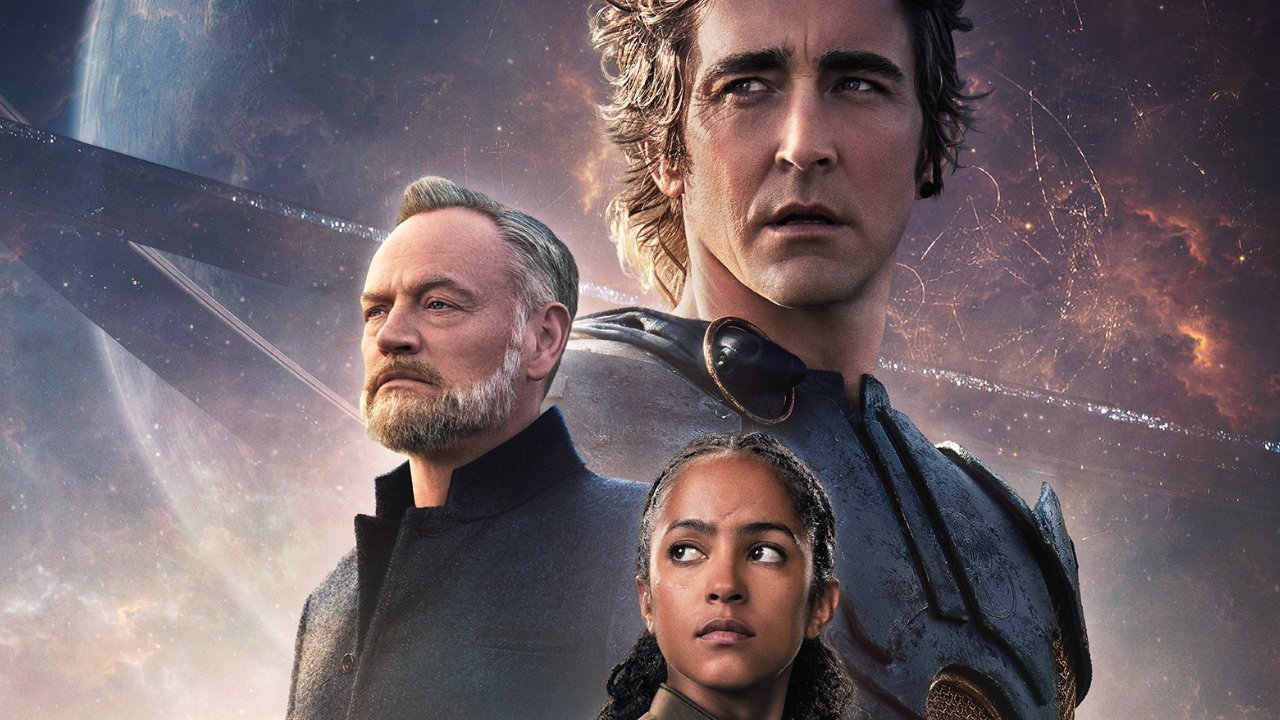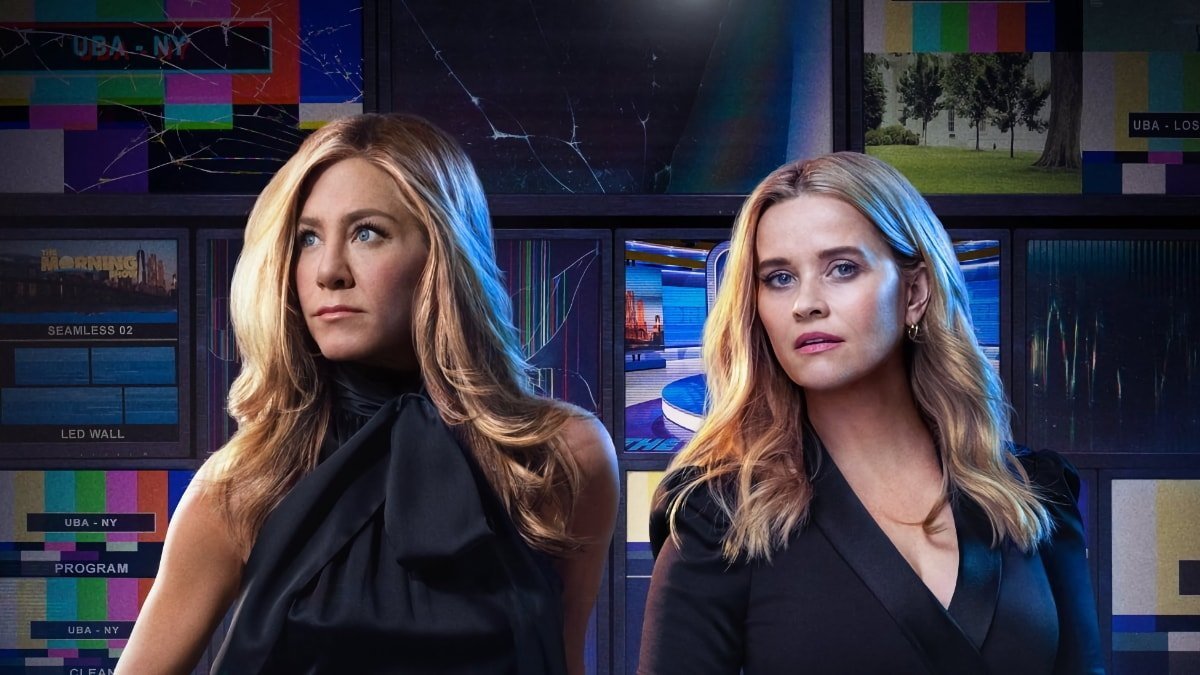
Foundation for Apple TV+ had a budget of $5M per episode

Billions have been spent on Apple TV+ original TV shows and movies, but now there is more pressure to control how the massive budgets are spent on productions.
Like other major streaming services, Apple has spent a lot of money on original programming. Now, it wants to try to be more thoughtful with its expenditure on video content.
According to sources of Bloomberg, Apple SVP of Services Eddy Cue has been holding budgetary meetings with studio heads Zack Van Amburg and Jamie Erlicht. After allegedly spending more than $20 billion on productions so far, Cue supposedly wants to refine how the money is spent.
Apple supposedly has the reputation as the “biggest spender in town,” but Van Amburg and Erlicht have allegedly told creative partners that will change.
High spend, little return
The company has a reputation for spending a lot of money on the content for Apple TV+. This included $500 million in total on movies from major directors Martin Scorsese, Ridley Scott, and Matthew Vaughn.
On the TV side, this has manifested in high-budget programming, such as an alleged $250 million on “Masters of the Air.” In February, news of budgetary cuts surrounding “Foundation” surfaced, with the show apparently costing Apple $5 million per episode or $50 million per season.
“The Morning Show” had originally paid stars Reese Witherspoon and Jennifer Aniston more than $1 million per episode in the first season. For the fourth season, they are expected to earn double, with Apple spending more than $50 million on the cast alone.

The Morning Show is costing Apple TV+ more than ever to produce
However, all this spending isn’t met by revenue coming the other way. At the box office, the movies failed to gain much traction, and seemingly only “Killers of the Flower Moon” managed to gain an audience in streaming.
Similarly, despite the cost of “Masters of the Air,” Nielsen’s rankings revealed it failed to get as much of a U.S. viewership as the Japanese-language Netflix show “House of Ninjas.”
Overall, it is claimed that Apple TV+ has a 0.2% share of overall U.S. TV viewing. Apple’s monthly viewership is supposedly less than Netflix’s daily viewership.
A plan in action
To try and reverse the situation, or at least to reduce how much this impacts Apple’s bottom line, Apple TV+’s leadership is making some changes to how it funds projects.
For a start, there is the intention to pay less upfront for the shows it commissions. The idea is that shows and films that go over budget will be shouldered more by third-party production companies in the future.
According to some report sources, Apple has also decided against buying shows that it would’ve agreed to a few years ago. It’s also ordering fewer straight-to-series projects.
Over the years, it has also been quicker to cancel shows that fail to bring an audience. In 2021, only 22% of shows were allowed to reach a third season, while 43% did in 2020.
There is also talk of Apple licensing content for its service. Apple has previously licensed classic movies and is in talks to do so again, but the discussions could indicate a wider strategy is in play.
An absorbable issue
The requests to cut costs are ones Apple would be expected to make, considering they will typically increase over time unless addressed. But at the same time, Apple is in a position where it doesn’t necessarily hurt the company as much as others.
Other streaming services have cut costs in various ways, including letting go of staff and curtailing budgets. However, Apple’s response to the problem is somewhat more lenient in that it can somewhat justify the outlay as a small drop in a $3 trillion bucket.
The consistently high number of awards and nominations it has received for its shows and films, as well as the critical acclaim, has allowed Apple to cultivate an appearance of quality for its shows. Despite that appearance, it hasn’t had big returns at the box office or viewership numbers.




